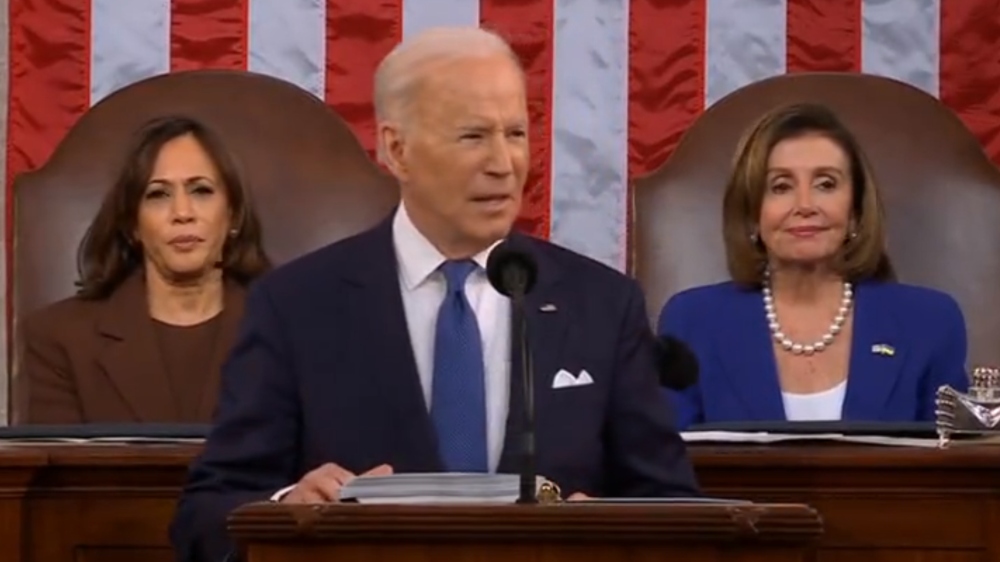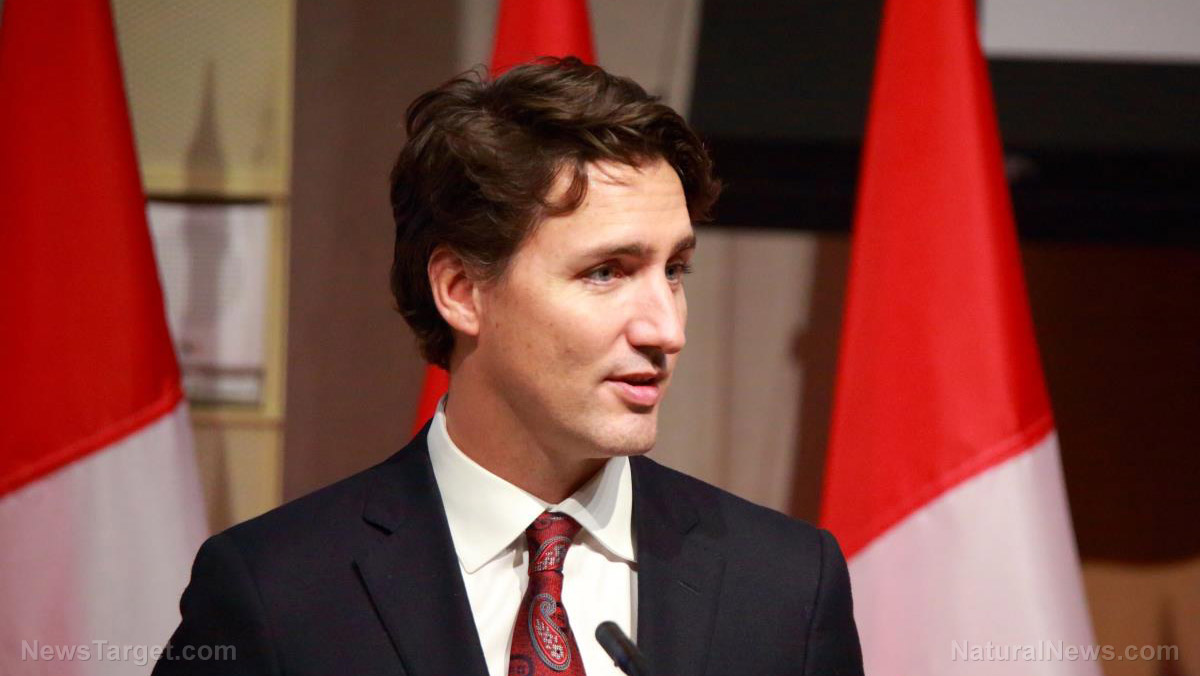OPEC+ oil cuts a slap in the face to Joe Biden – expect gas prices to skyrocket once again
04/06/2023 / By JD Heyes

Following a surprise announcement by Saudi Arabia and other OPEC+ member countries that they would be cutting oil production, oil futures saw a surge in prices this week. The cut is expected to remove over 1 million barrels of oil per day from the output by May, according to reports.
MarketWatch noted that Saudi Arabia’s Ministry of Energy announced on Sunday that the country, along with other OPEC+ member countries, will be implementing a voluntary cut in oil production by 500,000 barrels a day starting from May until the end of 2023.
As per the statement, the voluntary reduction in oil production comes in addition to the production cut agreed upon during the OPEC meeting in October. The decision has been taken as a precautionary measure to maintain stability in the oil market. In October, OPEC+ had agreed to cut down oil production by 2 million barrels per day from November, which did not sit well with the Biden administration.
Alexander Novak, Russia’s deputy prime minister, announced that Russia will extend its March production cut of 500,000 barrels per day through the end of the year. The Organization of the Petroleum Exporting Countries (OPEC) and its allies, including Russia, make up the OPEC+, the report continued.
“Today, the world oil market is experiencing a period of high volatility and unpredictability due to the ongoing banking crisis in the U.S. and Europe, global economic uncertainty and unpredictable and shortsighted energy policy decisions. At the same time, predictability in the global oil market is a key element in ensuring energy security,” Novak said in a statement.

The announcement of the production cuts caused a surge in oil prices. The price of front-month West Texas Intermediate crude for May delivery approached $80 a barrel earlier this week, while Brent crude, which serves as the global benchmark, approached $85 a barrel.
The decision to cut oil production comes after a first quarter that witnessed a significant drop in crude prices. Oil bulls were left disappointed as the lifting of strict COVID curbs in China failed to provide stronger support to prices. Meanwhile, aggressive tightening by central banks, coupled with concerns that banking issues in the U.S. and Europe could snowball into a full-blown crisis, stoked fears of a potential recession, MarketWatch noted further.
“West Texas Intermediate crude for May delivery, which ended at $75.678 a barrel on Friday, suffered a March loss of 1.8% and a quarterly decline of 5.7%, according to Dow Jones Market Data. Brent crude fell 4.9% in March and 7.2% in the first quarter, ending Friday at $79.77 a barrel,” the report said, citing prices from late last week.
Kuwait will cut 128,000 barrels a day, while the United Arab Emirates will cut its production by 144,000 barrels a day, according to a statement by Emirati Energy Minister Suhail Al Mazrouei. Oman will implement a voluntary cut of 40,000 barrels a day, Kazakhstan will cut by 78,000 barrels a day, and Algeria will cut by 48,000 barrels a day.
Mind you, Kuwait wouldn’t be a country today if the U.S. and the West had not intervened to boot Saddam Hussein’s Iraqi forces out of that country in 1991.
Ole Hansen, the chief commodities strategist at Saxo Bank, was shocked by the announcement, which he said “came out of the blue.”
“Producers were clearly frustrated by the recent slump, which was speculative more than fundamentally driven. They will likely achieve a return to the $80s while also trying to pre-empt a smaller-than-expected increase in global oil demand in the coming months. Remember most of the [daily increase of 2 million–plus barrels] expected for this year is backloaded into the second half with plenty of room for error should [an] economic slowdown be as severe as currently priced in by the market through expectations of U.S. rate cuts,” Hansen told MarketWatch.
“The Saudi oil minister love[s] to wrong-foot the market, especially when it comes to hurting speculative short sellers,” said Hansen.
The bottom line: Thanks to these production cuts, oil prices will rise, and so will the price of everything that requires fossil fuels to produce — another Biden-era ‘gift’ to our economy that keeps on giving.
Sources include:
Submit a correction >>
Tagged Under:
energy report, fuel supply, Inflation, inflationary pressure, oil prices, oil production, OPEC, price increase, production cuts, rationing, Russia, Saudi Arabia, scarcity, supply chain, United States
This article may contain statements that reflect the opinion of the author
RECENT NEWS & ARTICLES
COPYRIGHT © 2017 COLLAPSE.NEWS
All content posted on this site is protected under Free Speech. Collapse.news is not responsible for content written by contributing authors. The information on this site is provided for educational and entertainment purposes only. It is not intended as a substitute for professional advice of any kind. Collapse.news assumes no responsibility for the use or misuse of this material. All trademarks, registered trademarks and service marks mentioned on this site are the property of their respective owners.




















